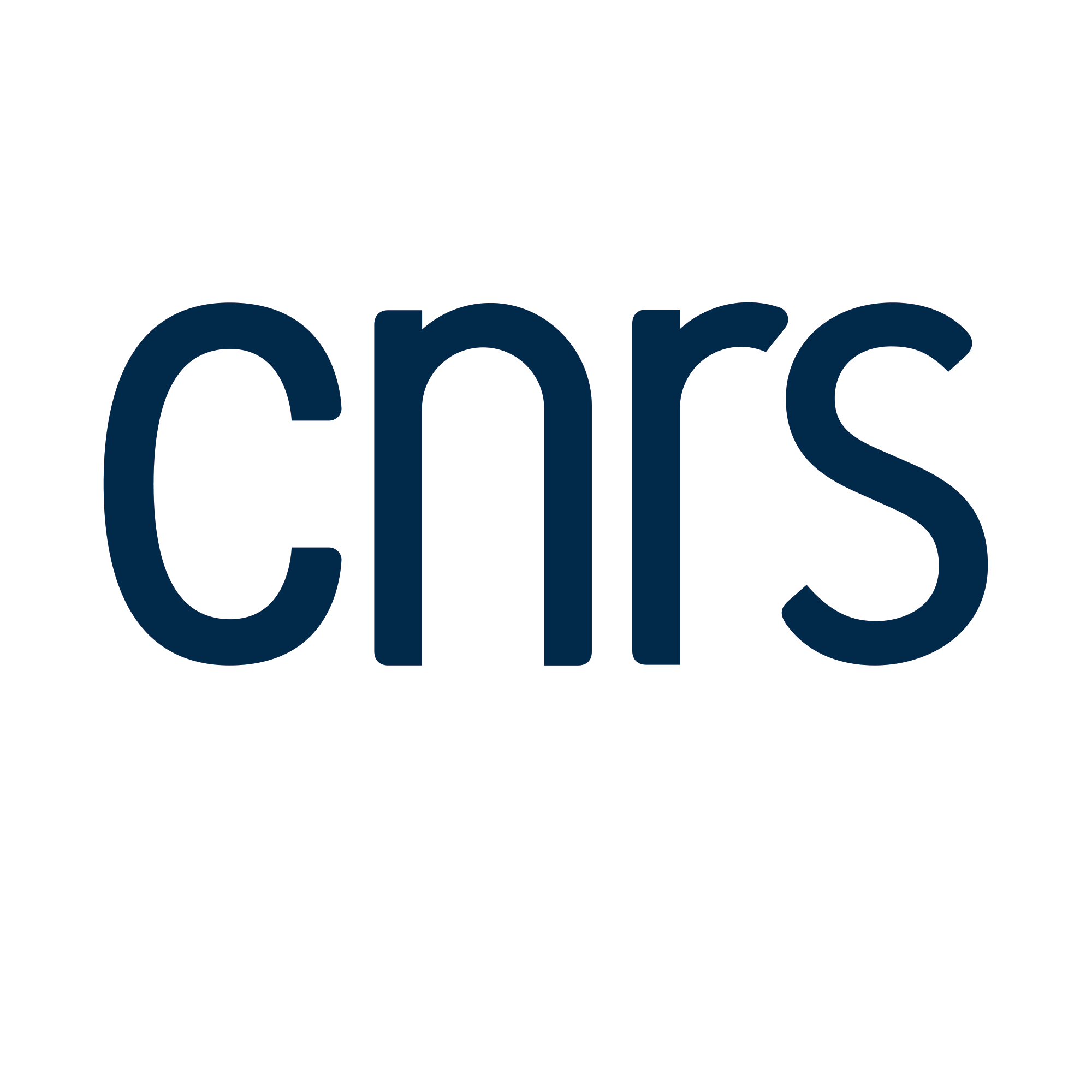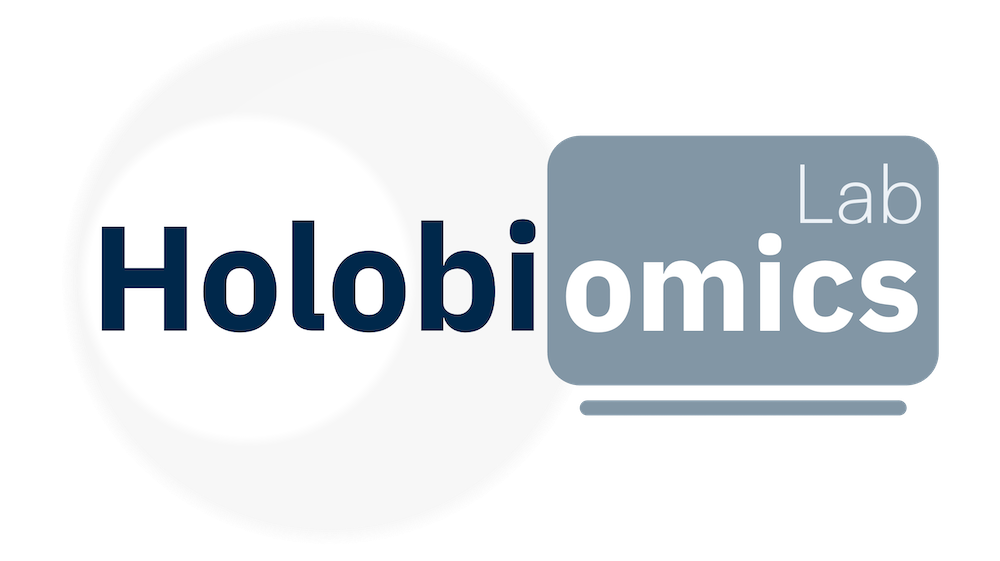© Photo: Rita Scaglia
Team
Members
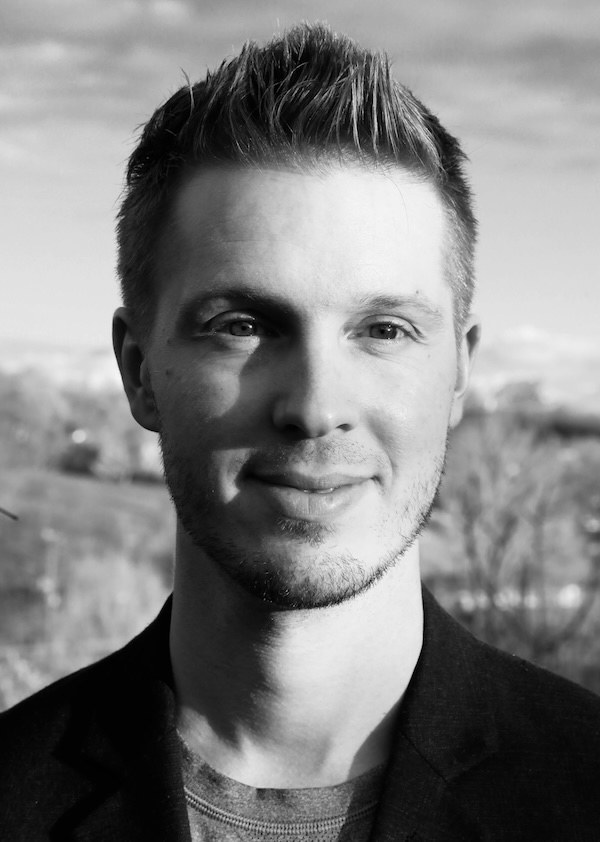

© Image credit Tao Jiang
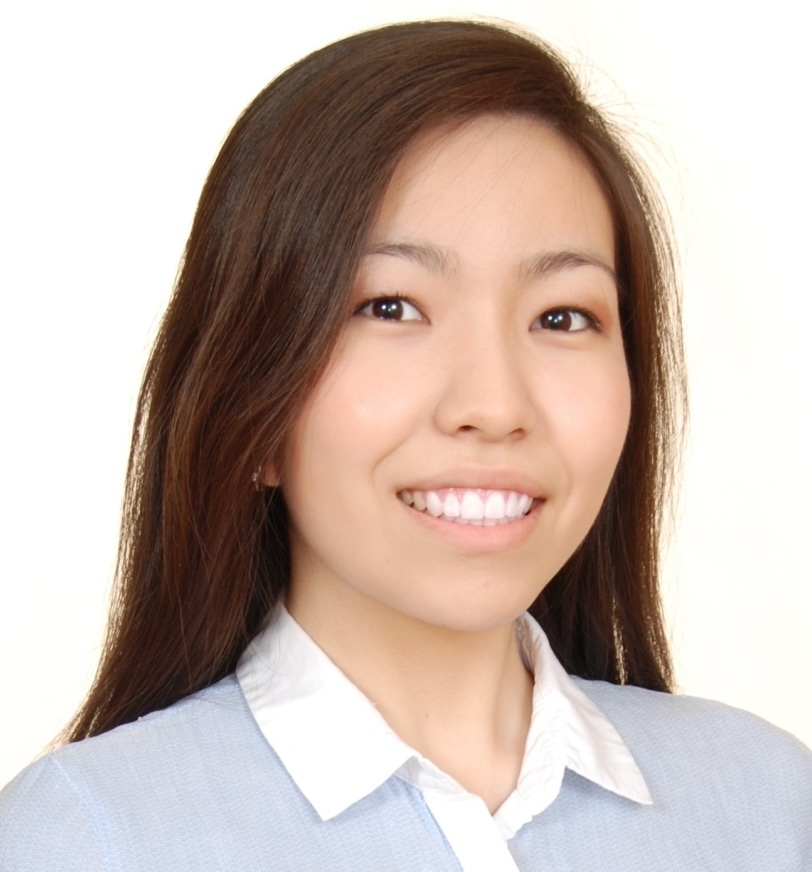
© Image credit Madina Bekbergenova
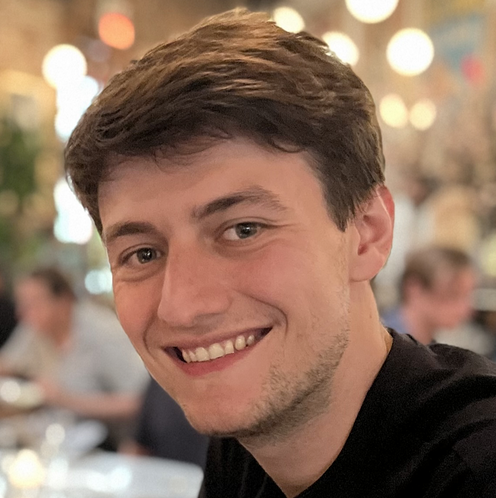
© Image credit Lucas Pradi
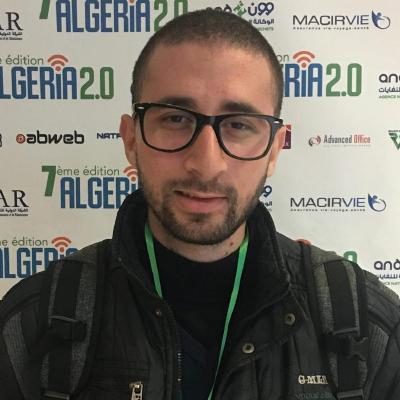
© Image credit Yousouf Taghzouti
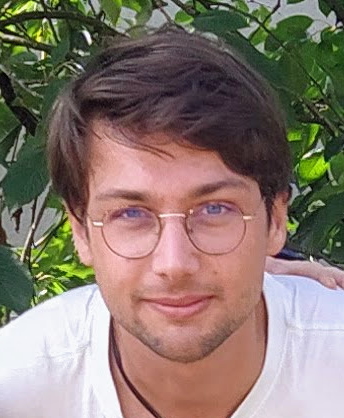
© Image credit Matthieu Ferraud
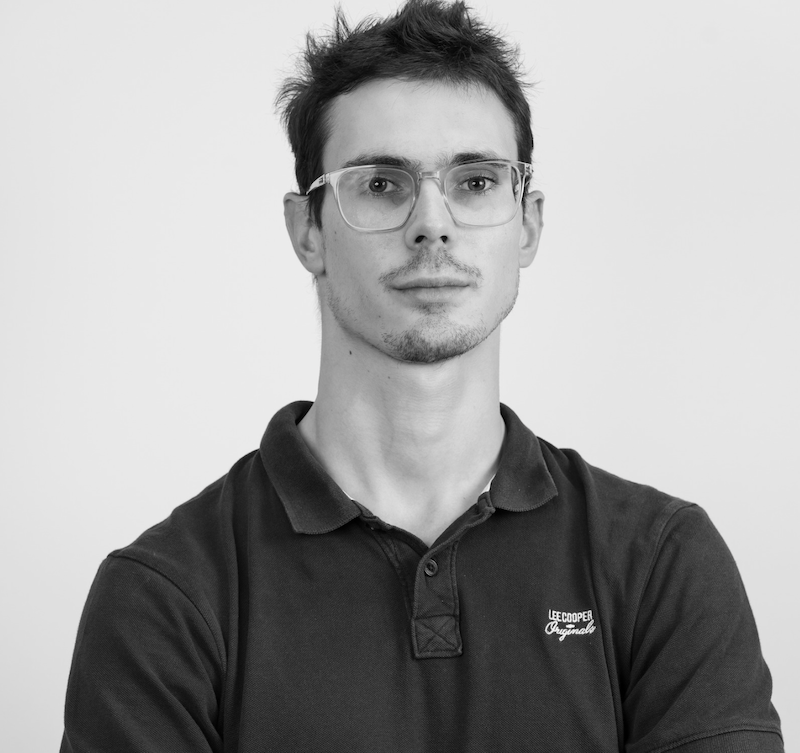
© Image credit Martin Legrand
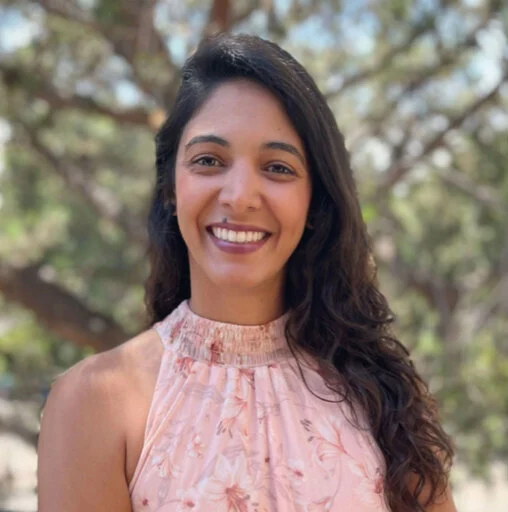
© Image credit Thaiz Rodrigues Teixeira
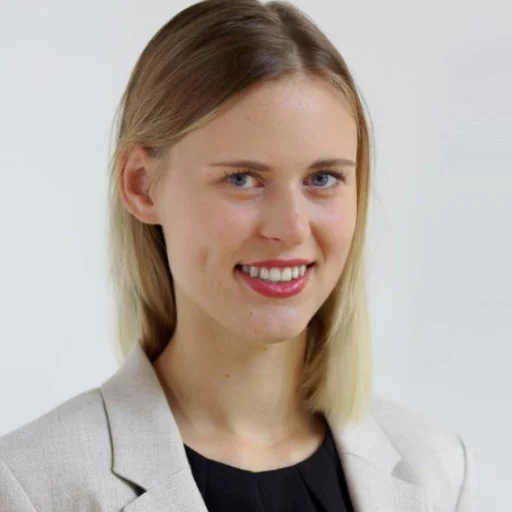
© Image credit Aleksandra Izdebska
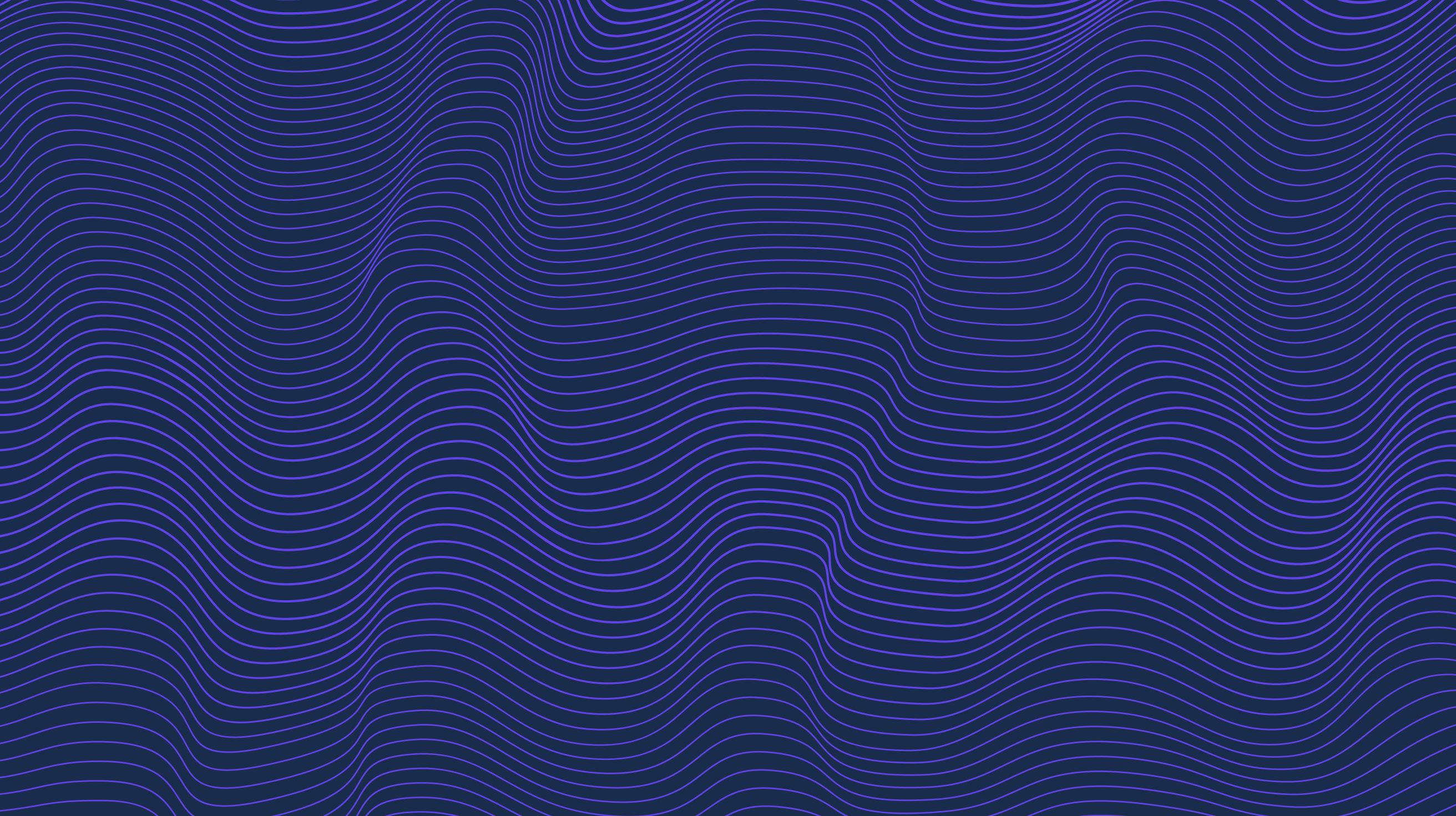
© Image credit CNRS

© Image credit CNRS

© Image credit CNRS
Team
Join Us !
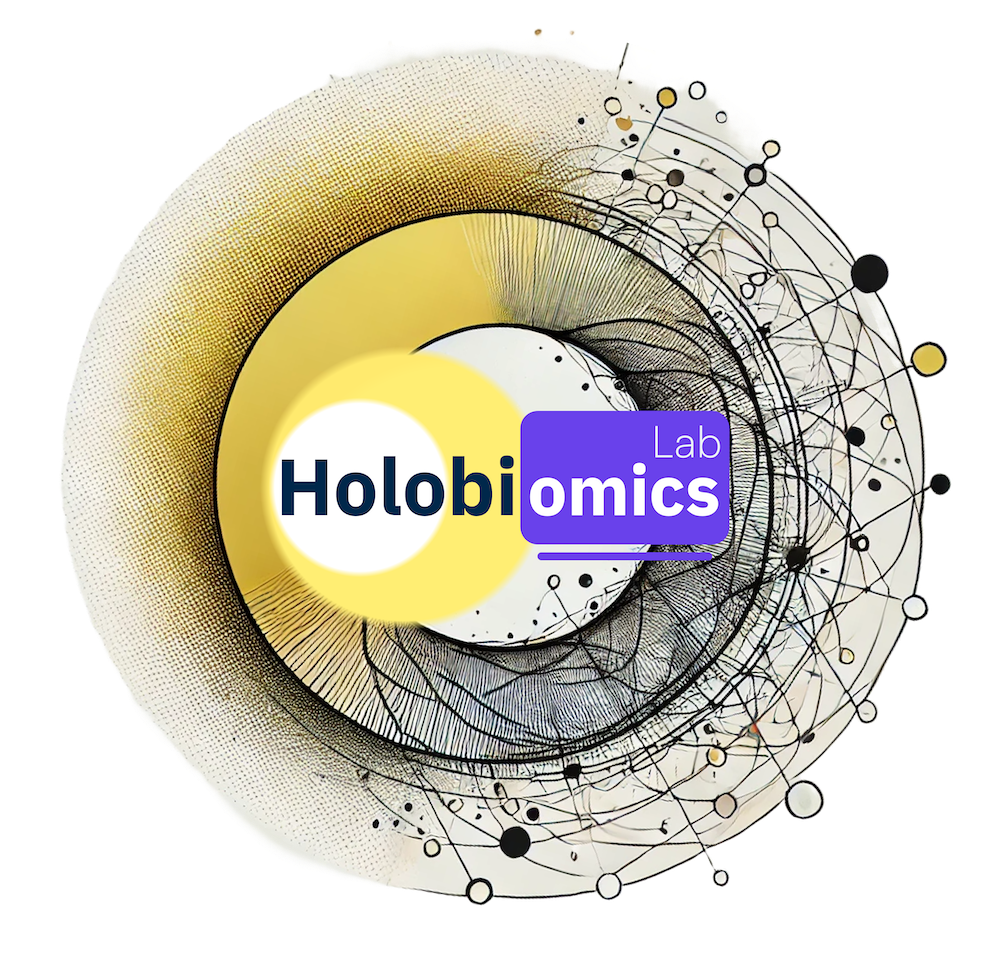
Our Team is Hiring at All Levels!
Interested in our research or eager to join our team? We encourage you to read about our research and diversity statement and vision below before applying:
- Postdoc, PhD, and staff positions are regularly available and announced on this page. Highly motivated candidates are encouraged to send inquiries via email.
- We welcome applications throughout the year from:
- Outstanding Master’s students from the Université Côte d'Azur and around the world.
- PhD researchers interested in rotations.
- Candidates considering applying for MSCA postdoctoral fellowships or the Université Côte d'Azur excellence calls.
- Prospective visiting scholar/staff, see the open calls from the Hubert Curien Partnerships.
- Researchers interested in applying for CNRS permanent positions at all levels and for all nationalities, including researchers and engineers.
Team
Alumni members

© Image credit CNRS
